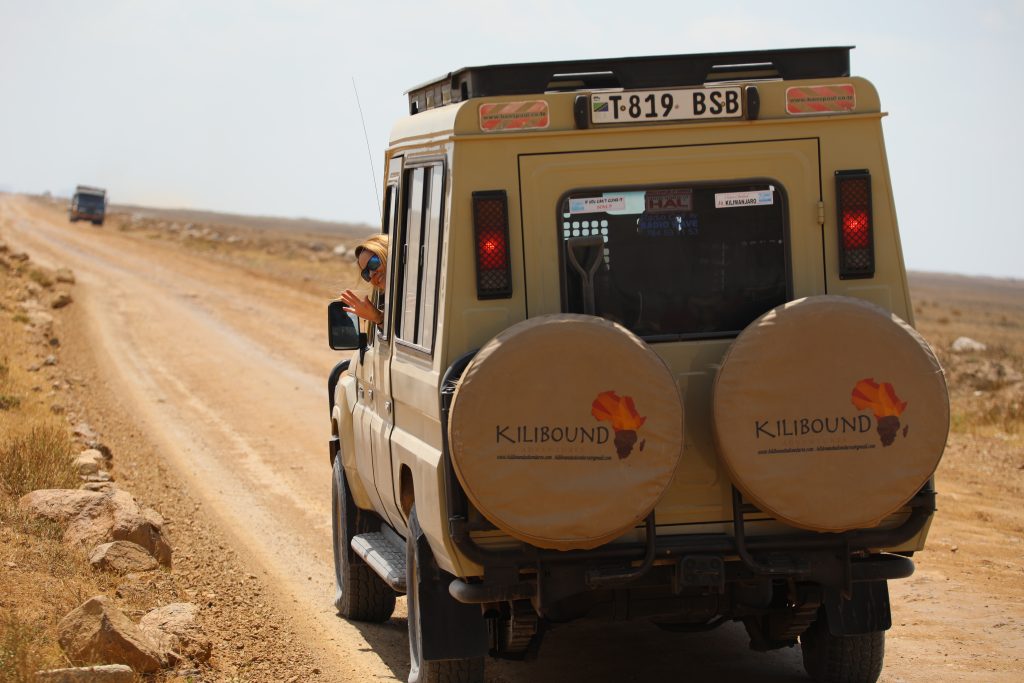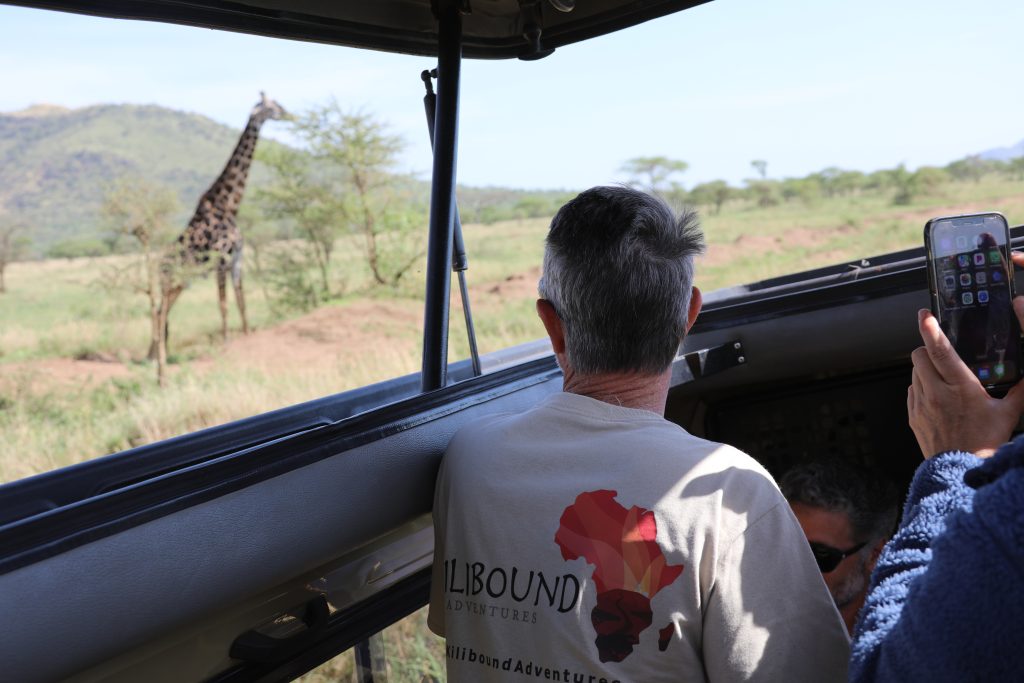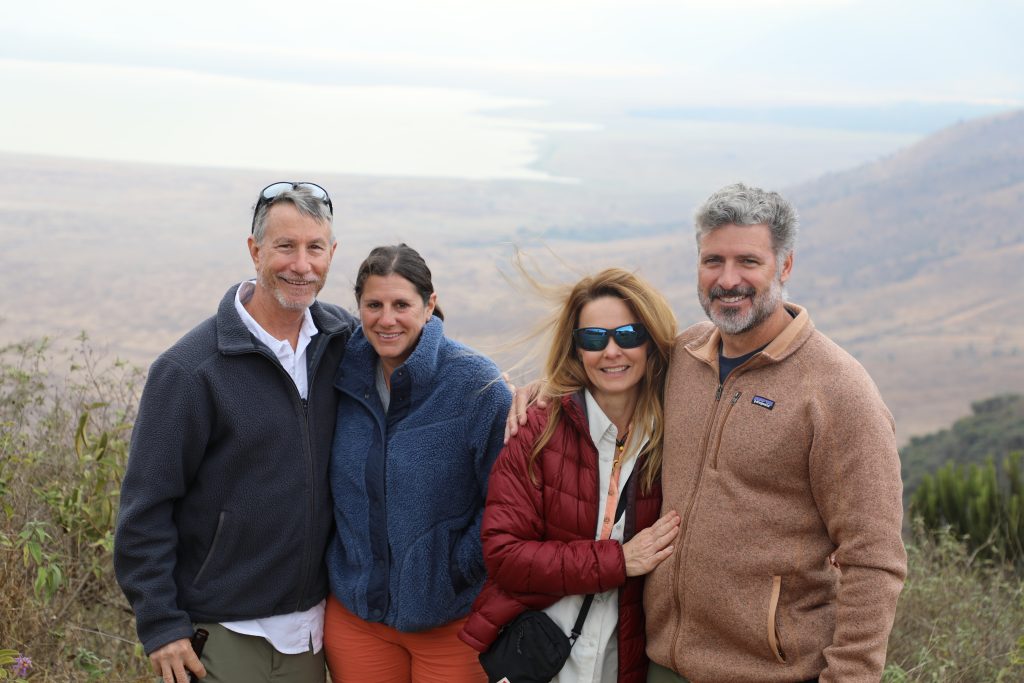To ease your mind of the numerous questions you have about Tanzania, we have combined the most important Tanzania Safari FAQs regarding the most awaited Tanzania Safari with Kilibound Adventures Travel adventures of your dream. Here is some of the important frequent asked questions by many travelers to Tanzania
We can say that you can have an incredible Tanzania Holiday at any time of year – genuinely! Many clients book with us during the “long rains” of April and May, and the “short rains” of November. We make sure to obtain their experience the best one even in the rainy seasons. The short rainy seasons are a good time for planning a Tanzania Safari for the bird watchers. During a rainy time, it is possible to spot the migrated birds. However, dry seasons are the Best Time to Visit Tanzania.
Yes, it is. We encourage the parents who are looking for a good place for planning a family vacation to bring their kids in safari. There can’t be a better place for your kids to be on a vacation. Being close to nature and wildlife they can learn a lot more than reading about them in text-books. Safari vacation is safe for the children completely. We can choose child-friendly accommodations. This could mean anything from having an extraordinary pool, to gigantic rooms resting up to 4 people. We can also arrange some great activities for your children to enjoy at the lodges
There are two Tanzania Official Languages mainly – English and Swahili, but the Tanzania National Language is Swahili. There are over 120 Tanzania Languages equivalent to the total number of tribes in the country. Maasai is another important language of the majority of the population of Tanzania which is the Maasai tribe.
Yes, Completely. We give unlimited refreshments in our safari vehicle including packaged drinking water, your favored soda pops, juice, household brew, French-press coffee, and tea. All our safari vehicles are outfitted with a little cooler to keep your beverages chilled for you to appreciate amid your safari.
Watching a zebra or giraffe grazing near your campsite or an antelope hiding in the bushes near your mobile camp isn’t anything surprising. There are great opportunities for Tanzania Wildlife in the national parks. While traveling with your kids, be careful near the campsite too. Most of the campsites are inside the national parks; though it’s a mostly animal-free area you can expect some of the grazers near your accommodation.
A wildlife guide, who is moreover your private driver, will go with you. If you pick a camping safari a cook will travel with you, who will set up most of your delectable meals during your safari trips.
This is your safari trip, your experience! You pick how you have to put your energy in this outing. Day safaris include a whole day in safari, where you will spend the whole day in 4×4 safari vehicles in the national parks of the country. You will enjoy nice packed delicious lunch at the picnic sites of the national parks. Your guide will have a ton of proposition the decision is yours.
There are various spots to meet the colorful feathers of Tanzania. The country holds 1,100 bird species out of which few are endemic and some are near to endemic. Tanzania has 16 national parks and sealed with many mountainous places. It stands out as one of the best places in Africa for bird watching.
The Great Migration, in Tanzania and Kenya, would one say that it is one of nature’s most stunning events. Confused about where to witness this aggressive journey of millions of animals? Well, Serengeti’s never-ending fields and Masai Mara region of Kenya are two places where this stunning show starts and ends. There are 1.5 million wildebeest joined by 200,000 zebra and gazelle join in a march. The march continues from Serengeti’s plain during the end of the rainy season. The journey continues in search of food,water and safer place to give birth.
Plan your tour between June to October and experience the national parks untamed wildlife without any hassle. While Tanzania Weather especially of the Northern circuit parks is great year-round but the western and southern circuit parks are hard accessible during wet months. Also, June & July are considered great for spotting the large herds of the migration in Serengeti.
On your Tanzania Safari, we suggest you avoid black and dark blue clothing as both colors attract tsetse flies. We also suggest you leave bright-white items at home. As safari parks are often dusty it is recommended that you avoid wearing white clothes as they may get dingy. Take comfortable safari clothing in neutral colors and light fabrics. Wear khaki colors as they merge well with the surrounding colors in safari.
While on your Tanzania Safari Tours there can be 6 people on a safari vehicle as the other two seats are for the driver and the guide. The safari Vehicles provided by come with land cruisers where you can view the wildlife and scenery. There are 8 seats in the vehicle with space for game viewing and photography. Every vehicle has a rooftop and sliding windows for better wildlife views.



